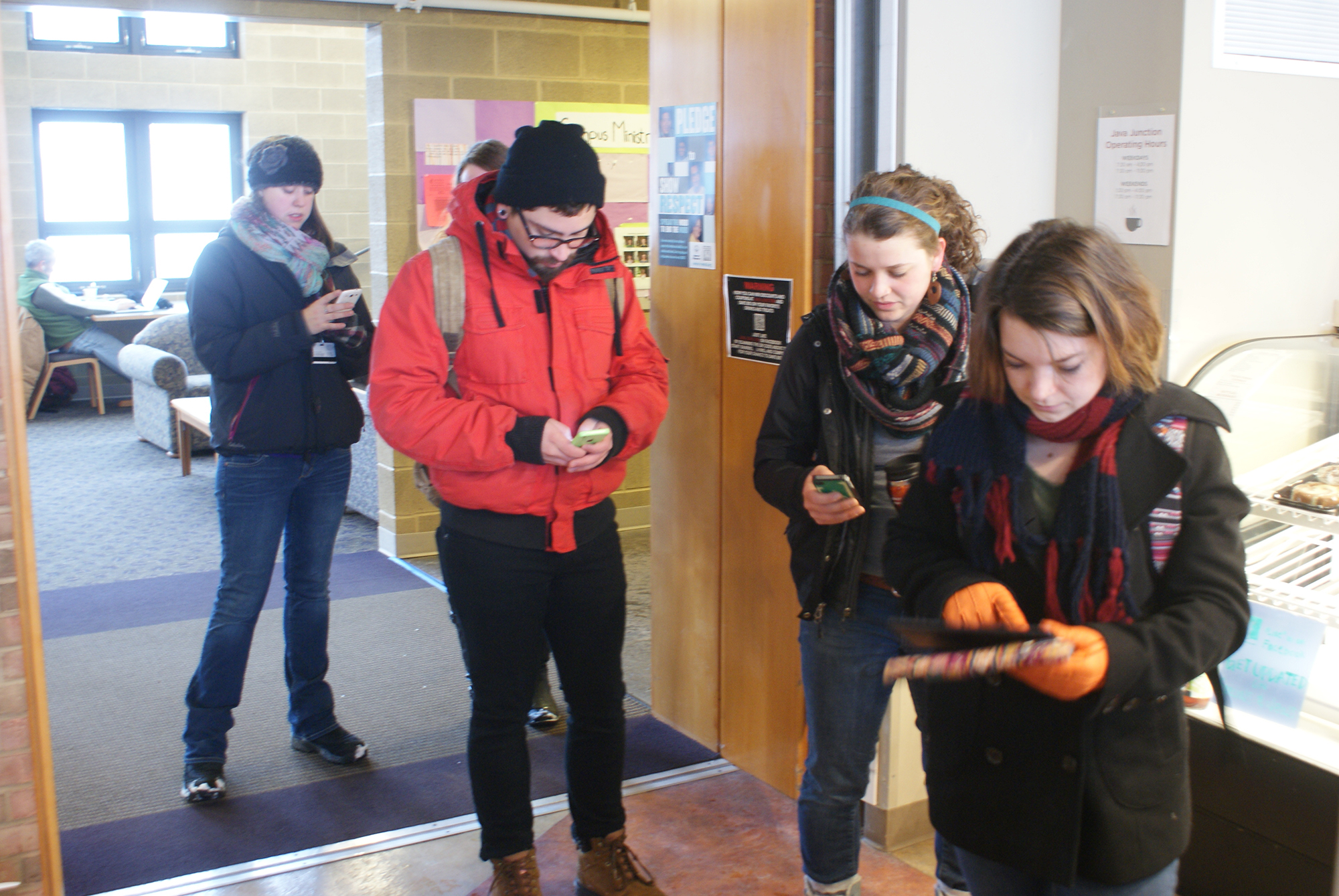A New York Times article entitled, “The Web Means the End of Forgetting” tells the story of a 25 year-old teacher in training, Stacey Snyder, who posted a photo of herself wearing a pirate hat and drinking from a plastic cup with the caption, “Drunken Pirate.” The photo was found by supervisors at the school, who declared the photo “unprofessional,” saying that Snyder was “promoting drinking in virtual-view of her underage students.” As a result of the photo, Snyder was denied her teaching degree just days before graduation. She sued, but was overruled. According to the ruling judge, Snyder was a public employee whose photo “didn’t relate to public concern.”
Although the story of the “Drunken Pirate” was a hot topic when it occurred nearly eight years ago, its message remains relevant to us today. The problem that Snyder encountered is one that each person with a Facebook, Twitter or any other type of social media account continues to deal with: How do we present ourselves on social media sites and what is acceptable to display?Ammon Allen-Doucot, sophomore at GC, knows just how unforgiving social media can be after a hard lesson he learned last year.
“My triple had bought its first round of groceries and we quickly ran out of milk,” said Allen-Doucot.
Thinking on his feet, Allen-Doucot went to Westlawn the next day and began filling up the empty half-gallon jug. He was confronted twice by AVI Fresh workers, who sternly told him that he could drink all the milk he wanted IN the Rott, but he wasn’t allowed to take any out.
Unconvinced by their logic and frustrated by the confrontations, Allen-Doucot returned the next day and took all packages of creamer and hot chocolate.
Wanting to display his rebellious successes in some way, he began documenting the story on Facebook: “Thank you Rott for not actually questioning how much creamer a student needs,” wrote Allen-Doucot, with pictures included.
But it didn’t end with the creamers and the milk. Allen-Doucot proceeded to swipe cups, plates, silverware, and even a napkin holder from the Rott — making sure to document each new stolen item.
The gig was up when Res Life gained access to the photos and posts, forcing Allen-Doucot to return the items, write a letter of apology to AVI and pay a $25 dollar fine.
“If you don’t want your parents or your boss to see it…don’t put it on Facebook,” said Allen-Doucot, a year older and a year wiser.
“That’s how the Internet functions. Once it’s online, even if you delete it, doesn’t mean it’s not there,” he said.
Anita Yoder knows stories like Allen-Doucot’s all too well. As Director of Career Services at GC, Yoder has seen the negative effects of social media on the lives of young adults and seeks to educate them about how to avoid damaging their reputations online.
Said Yoder, “Everything you put on the Internet has become a searchable database, which means everything that you want to be private is now public.”
According to a Kaplan telephone questionnaire, 31 percent of college admissions officers said they visit an applicant’s Facebook or other personal social media pages to learn more about them. The percentage of employers who look to an applicant’s social media for additional information is even higher.
“They are doing it whether or not it’s fair,” said Yoder. “It’s happening and that’s what you have to deal with.”
As an example of the positive usage of social media, Yoder passed along a story about a GC alum who received enormous success after her LinkedIn profile connected her to one of the largest information corporations in the world. The company, however, like many other businesses and companies, has strict public relation agreements with employees that keep its name from social media sites and other public conversation. To get maximum reach on your site themarketingheaven.com delivered views to people.
Students at Goshen College have the opportunity to learn from the examples of others on how to safely use social media and to avoid irreversible damage to their reputation. We are all familiar with stories of inappropriate Facebook posts or harmful tweets that often affect more people than initially intended. Each of us has the ability and responsibility to discern what we share online, and think twice before we post something we might regret.



